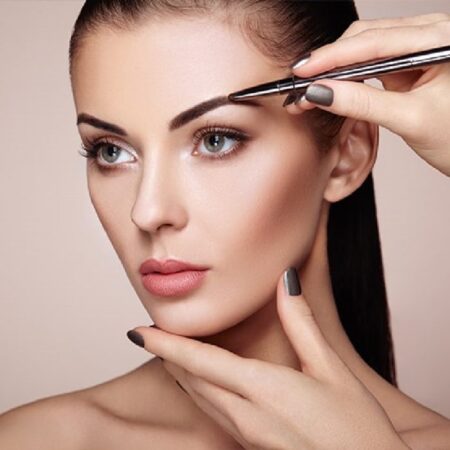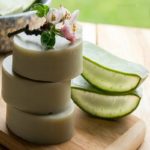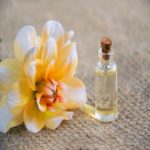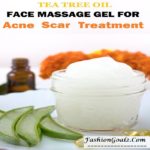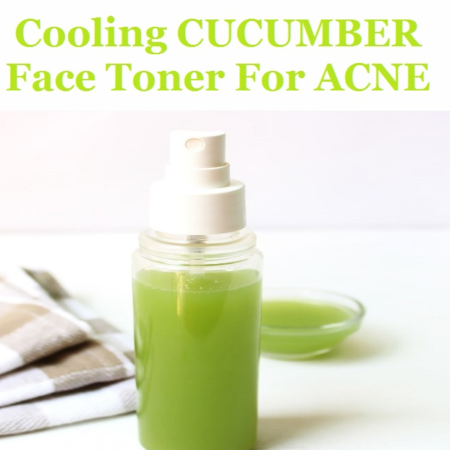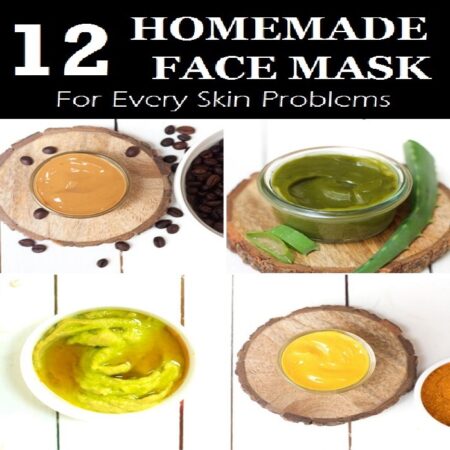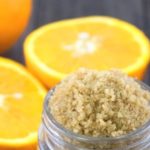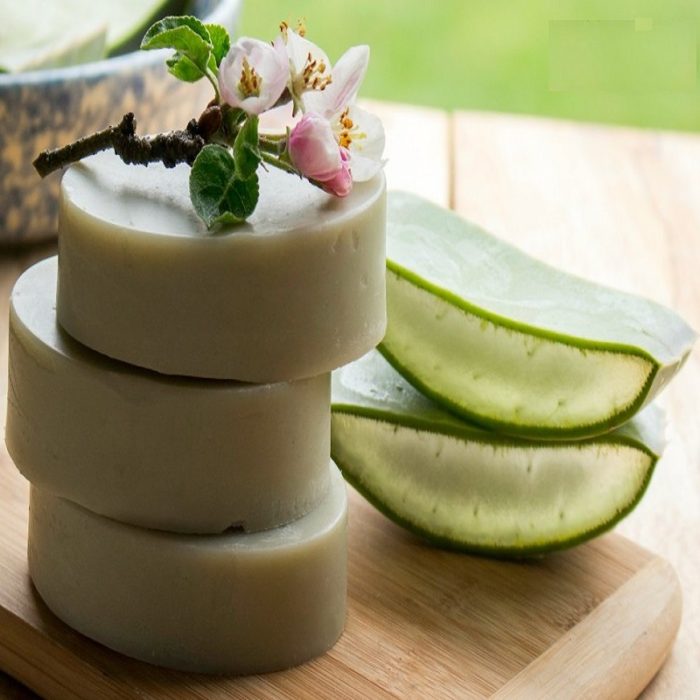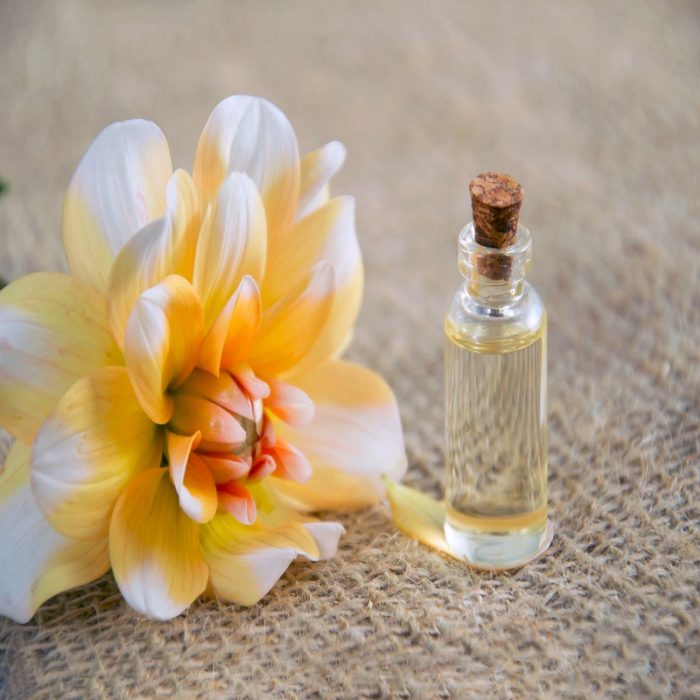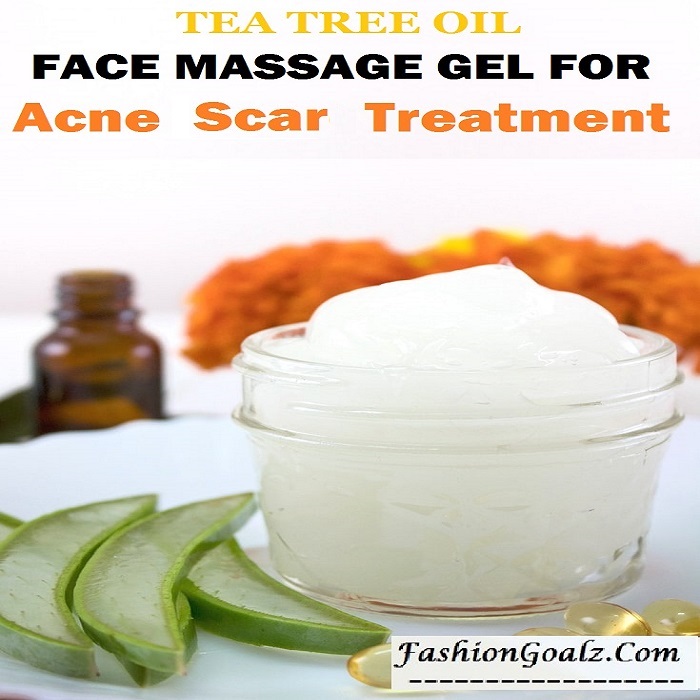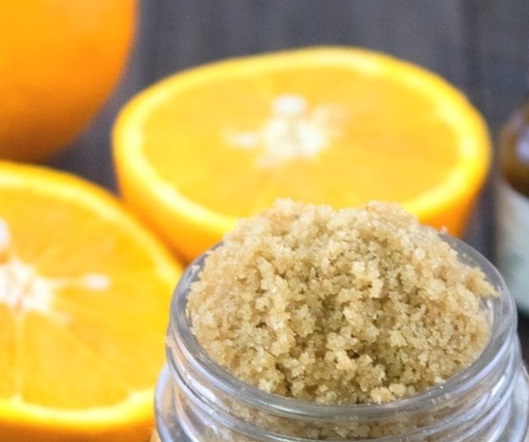Custom Made: An Acne-Fighting Skincare Routine For Your Skin Type
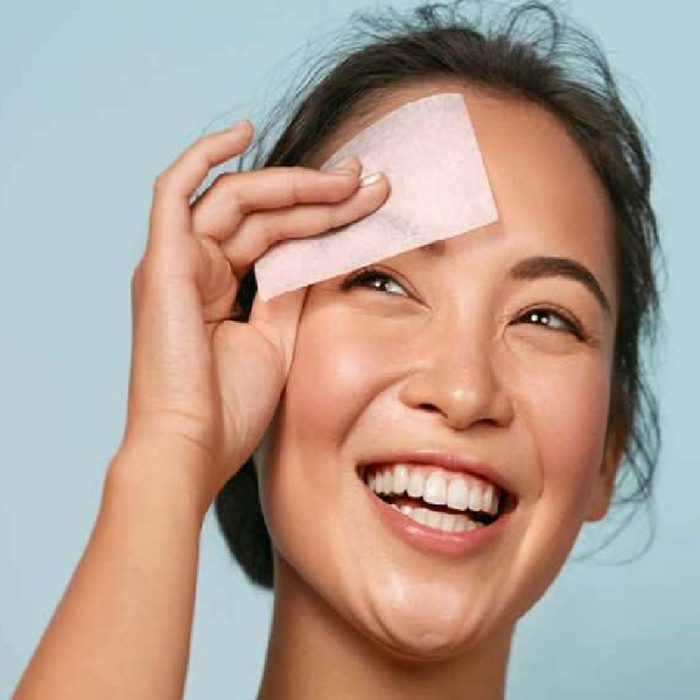
While acne is a condition commonly associated with adolescents, it can affect people of all ages. Acne is the result of various environmental factors working in tandem to wreak havoc on one’s skin. Dirt, bacteria, pollution, dead skin cells, and clogged pores, result in the formation of blackheads, whiteheads, and pimples on the epidermis. While some skin types are more susceptible to acne breakouts, it doesn’t mean that dry, oily, combination, or sensitive skin types are safe from this condition. Moreover, since different skin types require specific care, we help you navigate those unwanted bumps with a bespoke skincare routine to help treat those acne woes.

Oily Skin
As the name suggests, oily skin is highly prone to breakouts by its very nature. The sebaceous glands in this skin type tend to produce excess sebum which can easily clog pores. Moreover, pores tend to be larger and impurities are easily absorbed by the skin, making it a breeding ground for bacteria and acne.
Here’s an effective routine to follow:
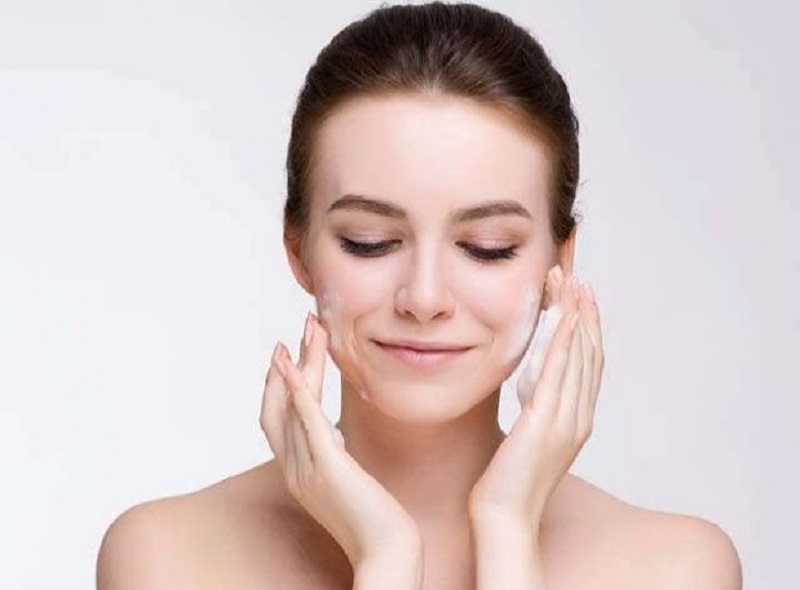
- Cleanse your skin twice a day with a face wash.
- Ice your skin before using a toner.
- Moisturise even during hot weather to shrink your pores effectively.
- Religiously apply a spot-correcting treatment, or until your skin is clear of pimples.
- Do not skip sunscreen, and use a mattifying formula that contains zinc oxide.
- Once a week, indulge in a clay mask or DIY face mask for acne.
- When it comes to wearing makeup, look for skin perfecting foundations that don’t clog pores
Internationally-renowned cosmetologist and author, Dr Jaishree Sharad recommends, “A cleanser with salicylic acid, glycolic acid, or tea tree oil will be beneficial for oily acne prone skin. They help remove dirt and unclog pores. Alcohol-free astringent toners, or something as simple as rose water, should be enough to tone your skin. A water-based moisturiser is important to keep skin hydrated. A lightweight, water-based sunscreen must be applied half an hour before stepping out. After cleaning the makeup and cleansing your face at home, an anti-acne gel must be applied. This should contain an antibiotic like clindamycin or retinol. Make sure to exfoliate your face at least twice a week. Your makeup should be non-comedogenic, oil-free, hypoallergenic, and water-based.”

Dry Skin

Although acne is commonly associated with oily skin, dry skin can experience breakouts due to the accumulation of dirt and dead skin cells that have clogged pores, as well as inflammation caused due to various internal or external factors.
Here’s an effective routine to follow:
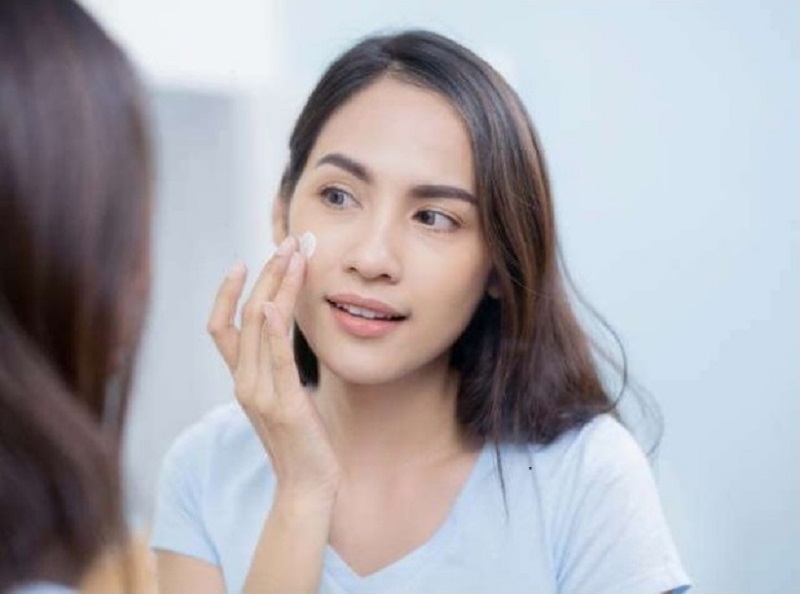
- Cleanse skin with a face wash once a day.
- Apply a lightweight nourishing moisturiser or serum rich in vitamin E.
- Opt for water-based sunscreen.
- Keep a face mist made up of natural skin-soothing ingredients handy to refresh your skin at any time
- Invest in hypoallergenic makeup.
The first step is always cleansing. Make sure you use a super mild cleanser only once a day. Do not over-wash your face since that can take away the essential natural oils from your skin.
A cleanser with glycerin, or hyaluronic acid is preferred. Avoid harsh cleansers, soaps, benzoyl peroxide face washes, and foam-based cleansers which can further exaggerate the dryness, making the condition worse. Apply a non-comedogenic, oil-free moisturiser which contains vitamin E. A water-based sunscreen is light on acne prone skin; find ones containing zinc oxide and titanium dioxide. Exfoliation once a week is a must, as it will increase cell turnover and reduce the buildup of dry skin cells. At night, after removing makeup with micellar water and cleansing the face, a spot-corrector cream should be applied on acne, preferably ones containing clindamycin and niacinamide. Your makeup should be non-comedogenic, oil-free, hypoallergenic, and water based.

Combination Skin

As the name suggests, this skin type is a combination of dry and oily skin. If you have this skin type, you will notice your T-zone and chin tend to be oily. Your forehead, cheeks, and other areas of your face may be dry. This skin type is easily prone to breakouts as it can get hard to maintain the overall balance and use the right products.
Here’s an effective routine to follow:
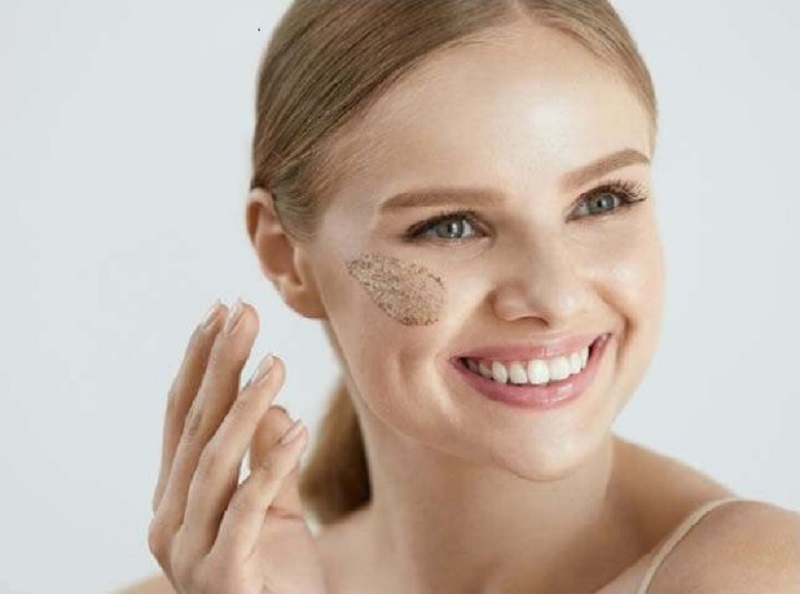
- Cleanse skin with a gel-based face wash in the hot seasons, and a cream-based one during the cold.
- Follow this with an alcohol-free toner.
- Use a lightweight moisturiser that contains acne-fighting ingredients like tea tree oil or vitamin C.
- Opt for a mattifying sunscreen.
- Use spot correctors that contain natural ingredients.
- Exfoliate once a week.
Use a salicylic, glycolic acid, or tea-tree oil based face wash on the T zone. The dry areas should be cleansed with a milder cleanser. Avoid harsh cleansers, soaps, and benzoyl peroxide in any form. Alcohol-free astringent toners or even rose water should help, and will not cause further dryness in dry areas of the face. A light zinc oxide-infused sunscreen should suffice half an hour before stepping out in the sun. At night, remove your makeup, cleanse your face, and then apply an anti-acne gel directly on the blemishes.

Sensitive Skin

Sensitive skin that is prone to acne is perhaps the toughest skin type to treat. It is highly irritable, and the usual acne-fighting ingredients can cause redness and dryness, which in turn further aggravates the skin’s declining condition. Sensitive skin needs extra care, and one needs to test any products or ingredients before committing to them in any way.
Here’s an effective routine to follow:
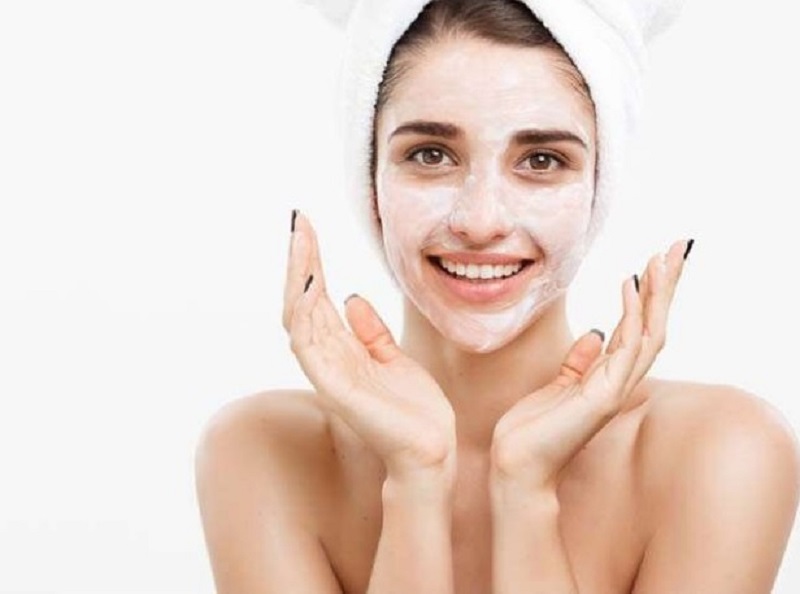
- Cleanse the skin with a mild cleansing foam or natural face wash once a day.
- Avoid skin toners. Instead, ice your face before moisturiser during summers.
- Opt for a non-comedogenic moisturiser that is fragrance-free.
A water-based sunscreen that offers broad spectrum protection should be applied before stepping out in the sun. - Exfoliate with a natural DIY scrub once a week.
- Apply aloe vera gel once a week, 15 minutes before a shower. This will help hydrate and soothe your skin.
A cleanser with glycerin and hyaluronic acid should be used once a day. Harsh cleansers, soaps, benzoyl peroxide washes, and foam-based cleansers can further sensitise the skin. Instead, opt for a fragrance-free, non-comedogenic, oil-free, and water-based moisturiser. A water-based sunscreen is light on acne-prone skin; physical sunscreens containing zinc oxide and titanium dioxide are the contents you must look for. Gentle exfoliation once a week is a must, as it increases cell turnover and reduces dry skin cell build up. At night, after removing your makeup with micellar water and cleansing the face, applying an anti-acne cream containing clindamycin and niacinamide should help. Ensure that your makeup is non-comedogenic, oil-free, hypoallergenic, and water based.









